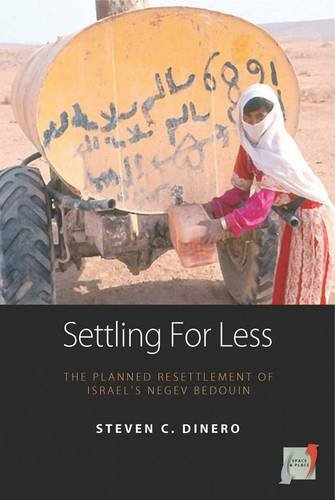

Most ebook files are in PDF format, so you can easily read them using various software such as Foxit Reader or directly on the Google Chrome browser.
Some ebook files are released by publishers in other formats such as .awz, .mobi, .epub, .fb2, etc. You may need to install specific software to read these formats on mobile/PC, such as Calibre.
Please read the tutorial at this link: https://ebookbell.com/faq
We offer FREE conversion to the popular formats you request; however, this may take some time. Therefore, right after payment, please email us, and we will try to provide the service as quickly as possible.
For some exceptional file formats or broken links (if any), please refrain from opening any disputes. Instead, email us first, and we will try to assist within a maximum of 6 hours.
EbookBell Team

4.8
104 reviews"The author is a geographer interested in town planning, who also has a solid grounding in anthropology. Two things make the book very attractive: that it is totally focused on town planning, and that the fieldwork was spread out over a decade which permitted the author to concentrate on the frequent changes in the plans and in their implementation." · Emanuel Marx, Tel Aviv University
The resettlement of the Negev Bedouin (Israel) has been wrought with controversy since its inception in the 1960s. Presenting evidence from a two-decade period, the author addresses how the changes that took place over the past sixty to seventy years have served the needs and interests of the State rather than those of Bedouin community at large. While town living fostered improvements in social and economic development, numerous unintended consequences jeopardized the success of this planning initiative. As a result, the Bedouin community endured excessive hardship and rapid change, abandoning its nomadic lifestyle and traditions in response to the economic, political, and social pressure from the State-and received very little in return.
Steven C. Dinero is Associate Professor of Human Geography at Philadelphia University. He has published extensively on such topics as community planning and development, gender, identity formation, religion, education, and tourism in post-nomadic environments. His recent work addresses the impacts of globalization and climate change upon indigenous peoples, and the role of new technologies in helping such communities respond and adapt to these environmental challenges.